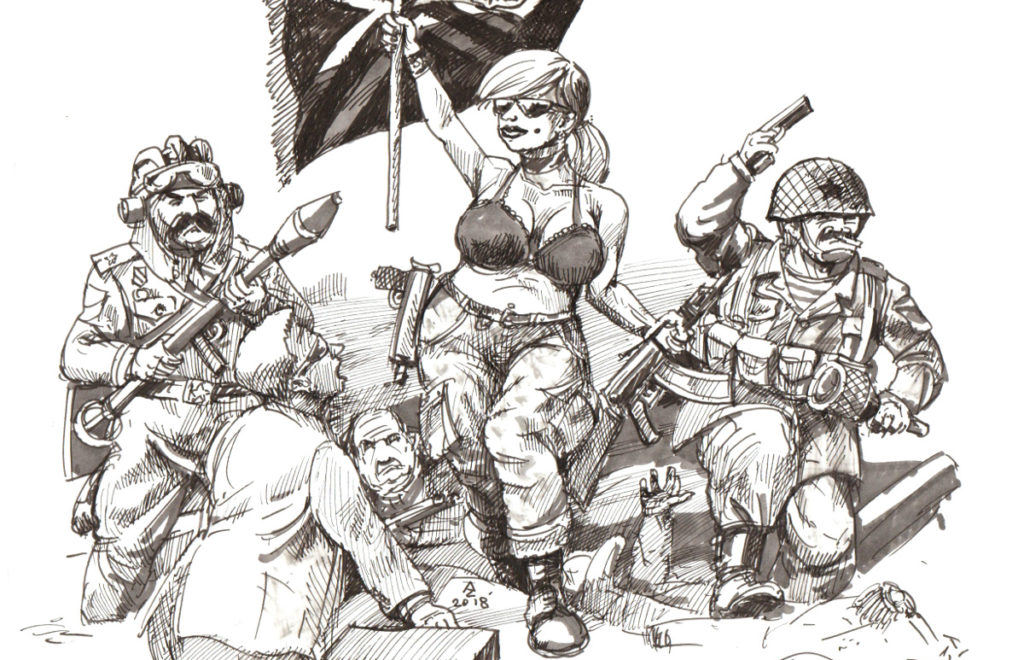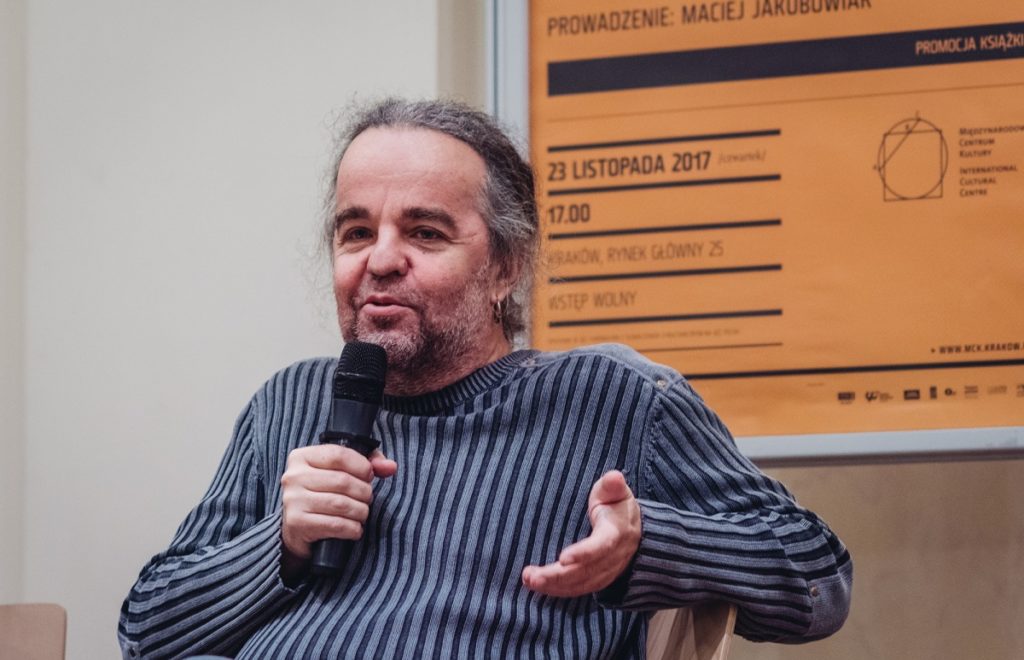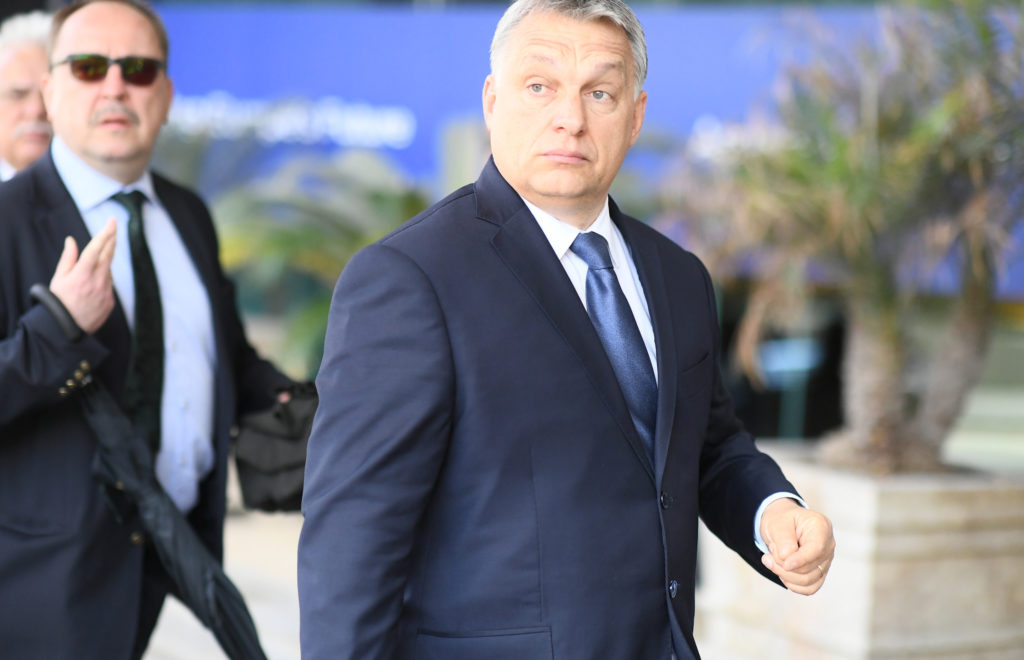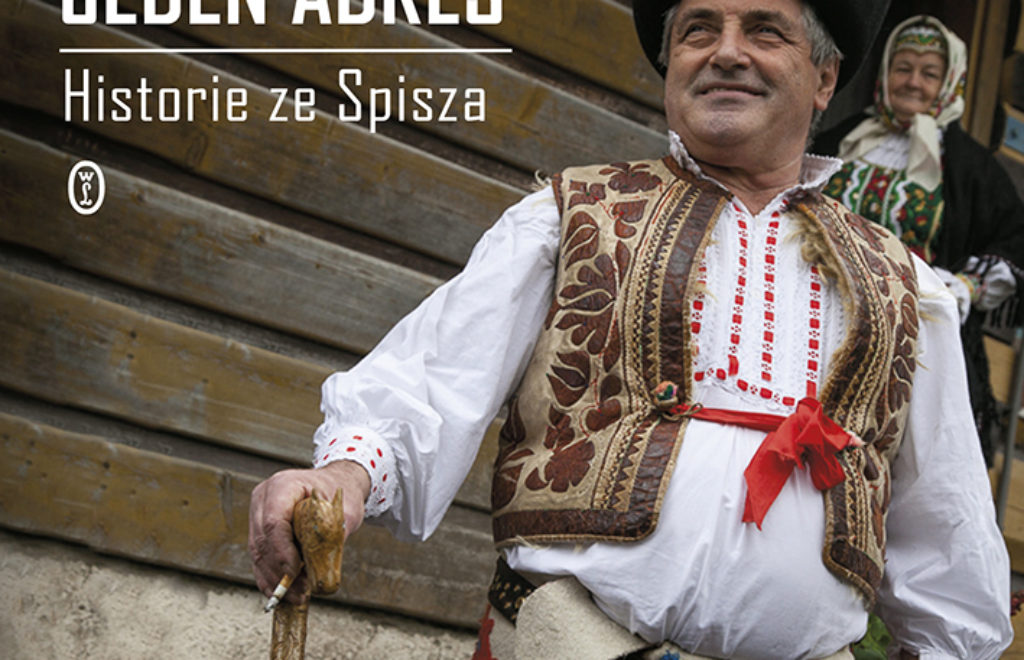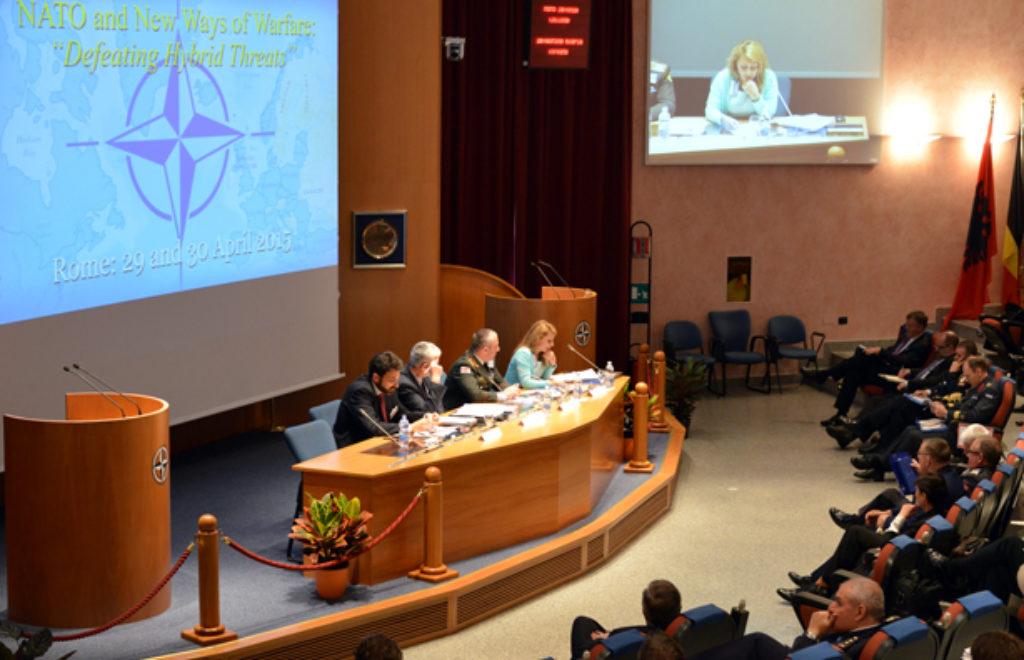New separatisms. Or what could happen if the West disappeared from Eastern Europe?
The West was once the defender and champion of the rights for those who suffered from unfavourable geopolitical arrangements after the Second World War. At least, it played this role in the territories where it competed with the Soviet Union and later the post-Soviet autocracies which emerged after the post-Cold War chaos of the 1990s. The West helped bring down communism in the region and its remains which were trying to survive in Russia and Serbia. It defended the rights of Kosovo’s Albanians, Muslim Bosniaks and Croats attacked by Serbs. Before that it was the main defender of the residents of the Eastern bloc, and all the nations that wanted to free themselves from Soviet rule. Today, the situation is entirely different.
April 26, 2018 - Ziemowit Szczerek


